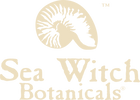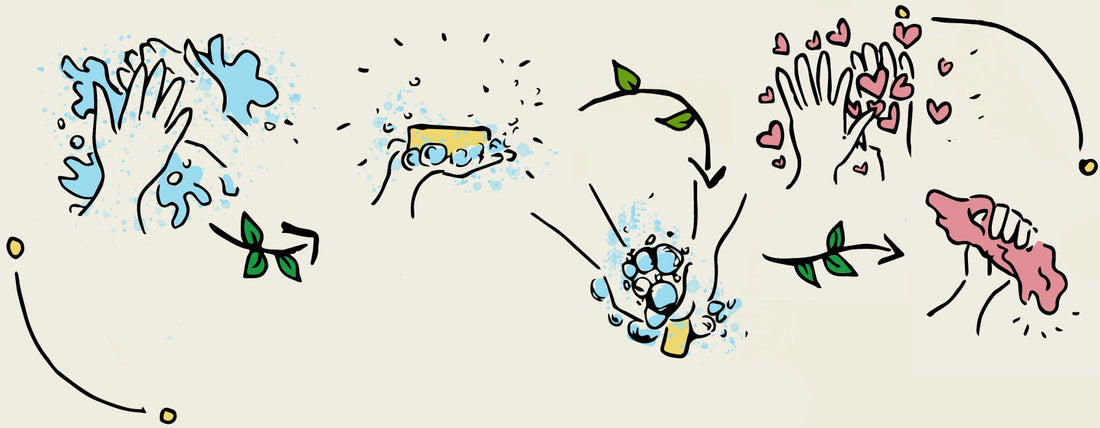It’s something we all learned in kindergarten, but it’s worth reviewing. Although we all think we know how to do it, there are some hard and fast rules to follow in order to make sure our hands are washed properly and effectively.
The data behind why handwashing is necessary is quite persuasive. And yet, global rates of handwashing after using the toilet are only 19%. While news headlines continue to bombard us with alarming statistics about worldwide diseases, one of the most powerful things we can do to prevent them only takes as long as singing the happy birthday song twice.
Why is handwashing important?
Washing our hands is the most significant way we can reduce the spread of disease. It’s also one of the simplest things we can do to avoid getting sick. When we wash our hands regularly with soap and clean running water, we reduce the spread of digestive and respiratory illness.
It may seem overly simple, but good hand hygiene actually reduces diarrhea cases by 23-40% and colds in the general population by 16-21%. When you take that into consideration along with the fact that around 1.8 million children under the age of 5 die each year from diarrheal diseases and pneumonia, handwashing is significant indeed.
These good hygiene practices can also help prevent the spread of antibiotic-resistant bacteria, as clean hands lead to less cases of diarrheal and respiratory sickness. The less cases of sickness, the less people are prescribed unnecessary antibiotics. This is perhaps the most compelling reason for proper handwashing, as we live in a world that is threatened by the rampant spread of diseases that are resistant to the medications we currently have available.

Shop pH-balanced hand and body soaps embedded with prints by Sea Witch Botanicals.
How handwashing prevents infection
Infections and diseases are often spread from person to person through minute amounts of feces. This can happen after someone uses the restroom or changes a diaper and doesn’t wash their hands afterwards, or after handling raw meat. Germs can also be spread through coughing and sneezing. When these germs come into contact with our hands and don’t get washed off, it leads to people getting sick.
One of the easiest ways for these germs to enter our bodies is through our mucus membranes like our eyes, nose, and mouth. These are areas we tend to touch often without thinking about it. So, when our hands are contaminated, we’re putting ourselves at risk of contracting sickness.
Another common way that infection is spread is when unwashed hands prepare food and drinks for others. This is why it’s so important for food industry professionals to keep their hands clean at all times.
When we keep up with proper handwashing, we can easily prevent these infections from spreading.
When is handwashing necessary?
We should all be washing our hands often to stay healthy and prevent the spread of germs. However, there are certain specific occasions where it’s even more important to wash our hands with soap and water. These key times include:
- Before, during, and after preparing and/or consuming food
- Before and after caring for someone who’s sick
- Before and after treating a wound
- After using the restroom
- After changing a diaper or cleaning a child who has used the toilet
- After blowing your nose, coughing, or sneezing
- After touching an animal, their food, or animal feces
- After handling garbage or other waste

Steps To Proper Handwashing
According to the Center for Disease Control & Prevention, there are five simple yet effective steps to follow to properly wash your hands:
- Wet both hands with clean, running water. Apply soap.
- Lather the soap into your hands by rubbing them together. Don’t forget in between fingers, under nails, and the backs of your hands!
- Scrub your hands for a minimum of 20 seconds.
- Rinse well, again under clean, running water.
- Dry your hands, either with an air dryer or clean towel.
It’s up to us to keep our world safe and taken care of. We all have the ability to prevent and control the spread of infection. With these five simple steps, we can contribute significantly to our own personal health as well as the health of the whole planet.
Remember, keep calm and wash on! Shop our hand and body soaps embedded with fun prints- now 20% off for a limited time only!





